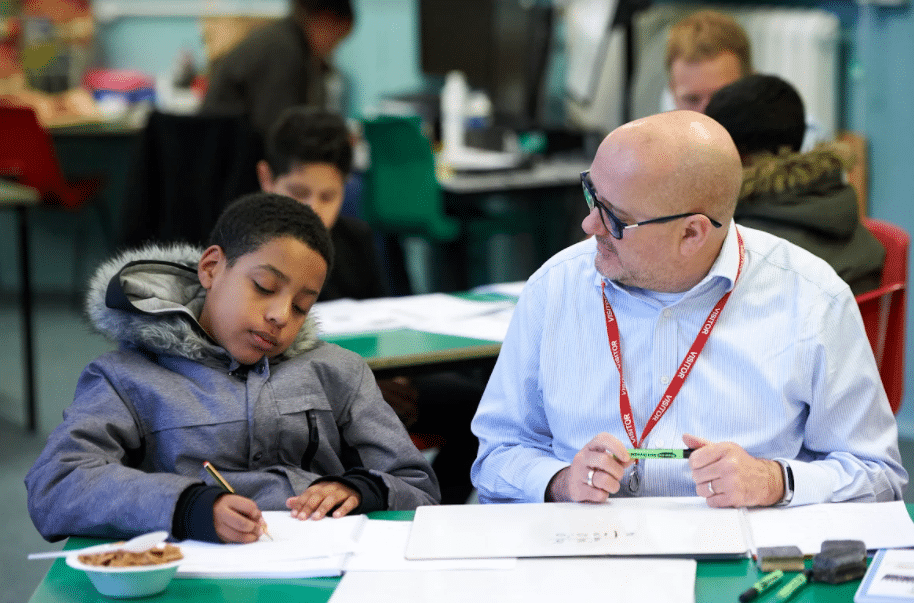The value of open-ended questions
September has rolled around again and it’s the start of another academic year. If you’re completely new to volunteering with Action Tutoring, you’ve probably started wondering how you’ll connect with your pupils during sessions.
Some questions you may have as a tutor:
- How will I help my pupils reflect on their learning?
- How will I extend their thinking?
- How will I encourage them to share their thoughts?
- How will I support my pupils to draw connections?
I know that I spent a great deal of time turning over questions such as these while I was completing my teacher training course. The answer? Open-ended questioning.
Why are open-ended questions important?
Effective questioning can challenge pupils and provide the adult with an insight into how they think and process information. An open-ended question offers a range of responses, rather than having a prescriptive set of answers.
An example of an open-ended question versus a closed question:
- What did this character say?
- Why do you think this character said that?
At first, asking open-ended questions might seem a little contrived and awkward. For many of us, our default is to ask closed questions, which seem to occur to us more naturally. Closed questions also seem to provide an easy shortcut to assessing pupil learning. The pupil’s answer is either right or wrong, which can indicate whether the pupil has understood the content.
However, this is not the whole story. Closed questions do not require the same level of cognitive challenge as open-ended questions, which provide scope for personal interpretation and shades of opinion. Open-ended questions also provide an opportunity for pupils to engage in higher order-thinking, by giving them the chance to reason, reflect and analyse.
What are some ideas for some effective open-ended question sentence starters?
- What do you think…?
- How might you decide…?
- Why do you think…?
- How do you feel about…?
- Why might someone disagree…?
- How did you come to this conclusion…?
With a bit of practice, you’ll quickly learn how to master open-ended questioning.
How does that prospect make you feel?
If you would like to gain tutoring experience, enhance your skills and help disadvantaged pupils receive the academic support they need, get involved with Action Tutoring. The experience of volunteering can be extremely beneficial and rewarding for tutors.




